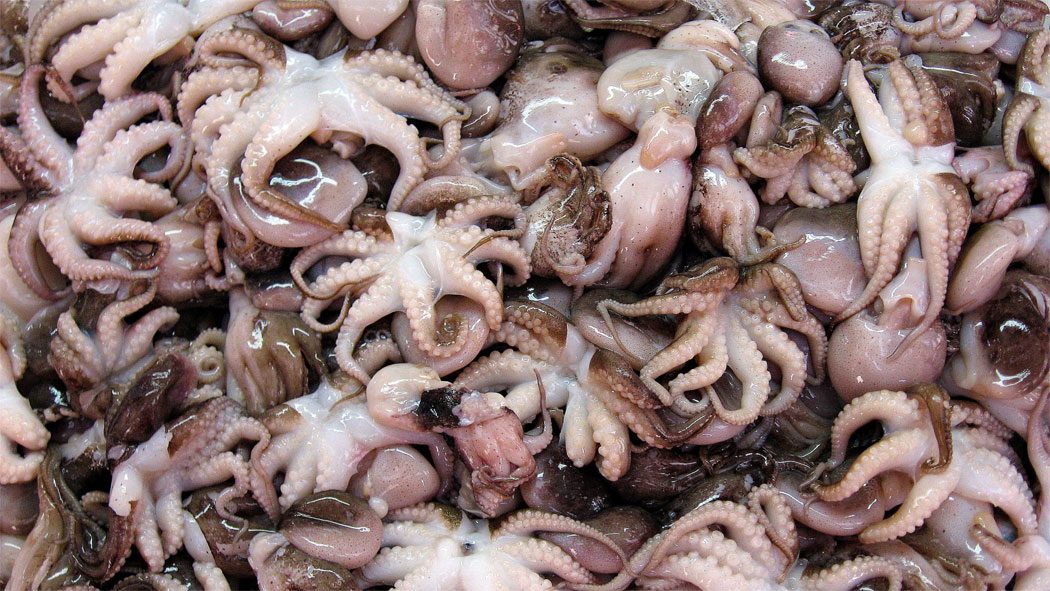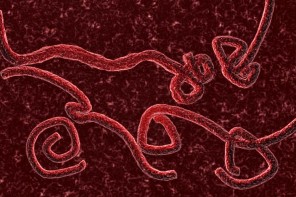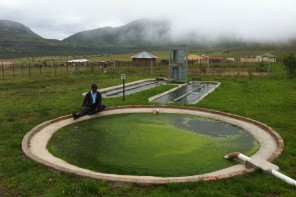We regularly hear of the latest species that are in decline due to climate change, but some are actually making the most of global warming. Enter cephalopods. You’ll know them by species such as octopus or squid. Although we might think this it’s a good thing for them to thrive, a boost to these predator numbers is not all pretty.
A study by the University of Adelaide has found that although global warming has caused the decline of many fish species, cephalopods have been on the rise since the 1950s. Their biological makeup is what’s causing this. They exhibit really short lifespans – they’ll live for a year or two max – but they grow quickly, which helps them to adapt to various changes in their environment, such as temperature.
Thriving on Overfishing?
Interestingly, cephalopod numbers haven’t been affected by overfishing practices that have resulted in a decrease in many fish populations. In fact, cephalopods are predators that thrive on overfishing because it means that their competition is destroyed – yes, it really is like The Hunger Games under the sea!
Warm Them Up and Watch Them Grow
Cephalopods not only thrive better in hotter temperatures, but the rise in climate has actually caused them to increase in numbers. A boost in temperature boosts the rate at which cephalopods grow, which causes them to have babies quicker, which then increases their population growth.
Bigger Isn’t Always Better
When their growth rate increases, this will cause cephalopods to consume more, which will throw off the balance of the food chain. Some cephalopod species already consume 30 percent of their body weight as it is so it’s scary to think how much more they’ll consume and what this will mean for their prey, which includes fish and other molluscs. And when they run out of food? It’s thought that they might end up eating each other.











